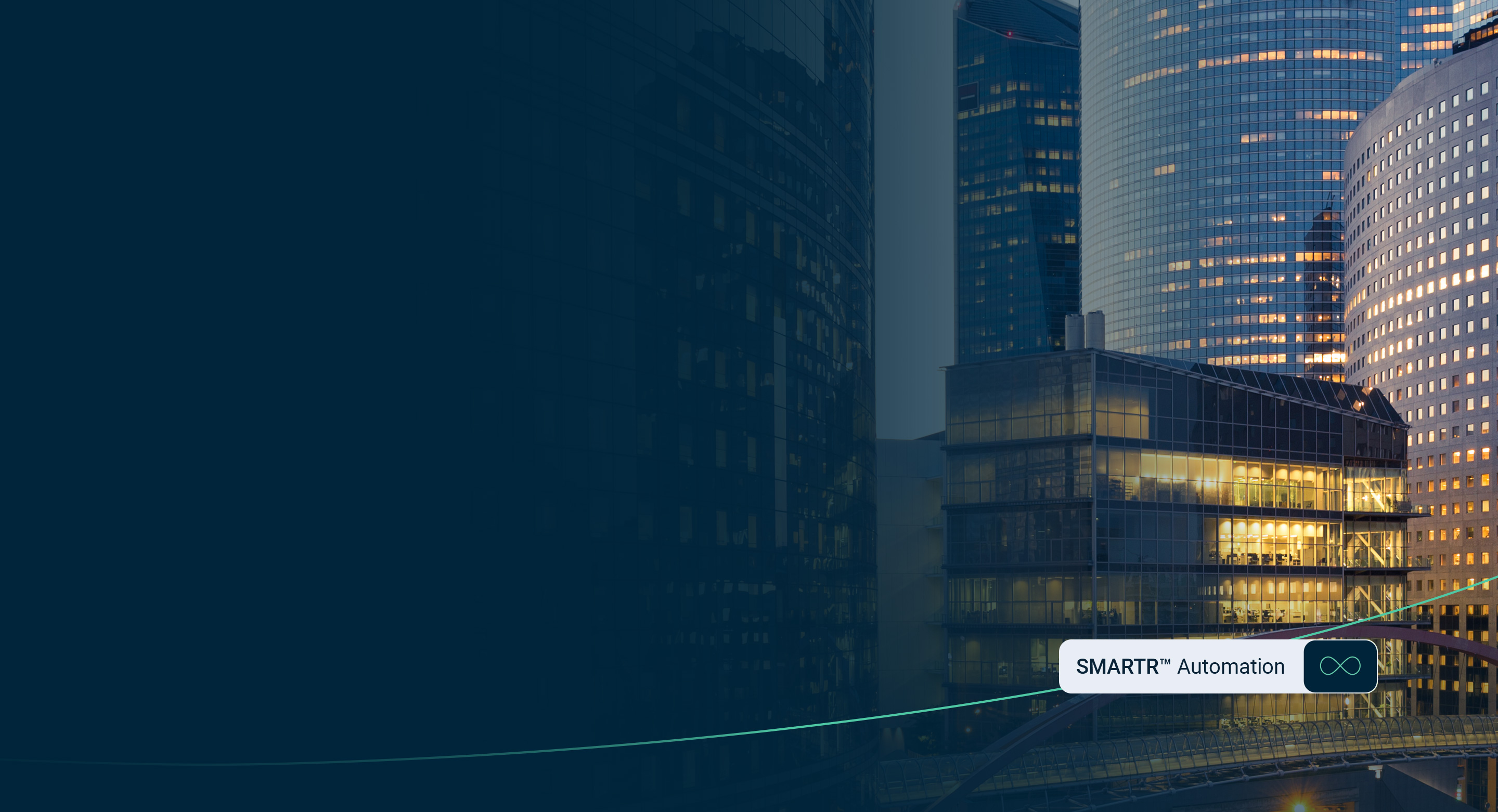Maximising control: Top 5 advantages of integrating a BMS

For facility managers and decision-makers, striking a balance between efficiency and environmental sustainability is essential for improving their building’s performance.
Opting for a building management system (BMS) marks a significant step towards that. Let’s look at the advantages of deploying a BMS.
Enhanced operational control
A BMS integrates and regulates multiple systems, synchronising the smooth operation of everything from heating to security, ensuring real-time adaptability to the building’s needs:
- Heating, ventilation, and air conditioning (HVAC): Monitors temperature, humidity, air quality, and adjusts as per occupancy levels or time of day.
- Lighting control: Implements intelligent scheduling to achieve energy-efficient illumination, including daylight harvesting and occupancy-sensor systems.
- Security and access control: Manages access by validating credentials, monitors surveillance systems, granting organisations superior control over security.
- Fire safety systems: Regularly inspects alarms and sprinklers for enhanced safety standards, ensuring immediate response to emergencies.
Optimised resource management
With a BMS, organisations gain not only enhanced control over multiple systems, but also the ability to optimise operations and reduce running costs:
- Efficient resource use: By accurately managing resources, it reduces wastage and promotes budget efficiency.
- Energy savings: Clever scheduling and adjustments reduce energy use.
- Reduced costs: Through streamlined resource management, it delivers substantial cost reductions.
For facility managers and decision-makers, striking a balance between efficiency and environmental sustainability is essential for improving their building’s performance.
Opting for a building management system (BMS) marks a significant step towards that. Let’s look at the advantages of deploying a BMS.
Championing energy efficiency
Integrating a BMS is pivotal in meeting regulatory standards and advancing sustainability goals by:
- Lightening the operational load: Operational efficiency is heightened as BMS optimises the heavy machinery like HVAC systems to function primarily during lower-tariff periods, thus saving on energy bills.
- Space management based on consumption: Automated controls adjust lighting and climate in real-time based on room occupancy, utilising intelligent sensors and zoning techniques to minimise wastage.
- Providing key insights for enhanced energy use: Detailed analytics from BMS allow for data-driven strategies to further improve energy consumption patterns.
The impact of BMS on energy efficiency is significant and measurable. For example, research from the Carbon Trust found energy savings from BMS can range between 10%-25%, while the European Commission’s Joint Research Centre estimates it can be as high as 30%.
Leading with predictive maintenance
Predictive maintenance shifts us from the unpredictability of reactive strategies to a more controlled environment. By integrating a BMS, facility managers can attain clarity on the condition of their machinery. Continuous observation of operational data and performance trends allows a BMS to highlight inconsistencies indicating any need for maintenance.
A BMS doesn’t merely identify an anomaly; it analyses the pattern, contrasts it with established failure models, and advises an immediate inspection to avert a complete shutdown. This transition from a ‘wait-and-fix’ to a ‘predict-and-prevent’ approach results in:
- Decreased risk of equipment failure: Drastically lowers the chance of unforeseen equipment failures that might create costly repairs and operational interruptions.
- Optimised maintenance schedules: Arrange maintenance during periods of minimal impact, greatly reducing disturbances to the building’s occupants and operations.
- Extended asset life: Regular, needs-based maintenance prolongs the infrastructure’s utility, sidelining the need for premature replacement costs.
Data guides strategic decisions
Using a BMS for data-driven decision-making enables more strategic, informed, and efficient management of building operations. It turns data into a strategic asset, paving the way for optimised operational performance, financial savings, and environmental stewardship through:
- Detailed insights: A BMS unlocks a treasure trove of data analytics on energy consumption patterns, operational efficiency, and usage trends across systems. For instance, by analysing peak energy usage times, facilities can adjust operational schedules, resulting in transformative energy savings and efficiency improvements.
- Informed growth: The clarity from BMS data analytics enables pinpointed decisions regarding facility expansions or system upgrades, ensuring investments are made where they’ll deliver the greatest return. A facility manager can detect underperforming areas needing upgrades or identify areas ripe for expansion, using occupancy and usage data as guiding metrics.
- Demonstrating value: Beyond internal improvements, a BMS produces tangible metrics on cost savings, reduced environmental impact, and enhanced occupant satisfaction. This is critical not just for internal stakeholders but also helps in building a case for sustainable practices to external stakeholders by presenting clear ROI statistics and environmental benefits.
Elevating operations and sustainability
Integrating a BMS goes beyond typical technology upgrades. It is a strategic decision that pushes building management into a future where efficiency and responsibility coincide. Through each aspect – from operational control to insightful data analytics – a BMS shapes an environment where sustainability is not just a goal, but a reality.
Let’s make a change
Keen to transform your approach to building management?
We’re ready to support you in navigating how a BMS can redefine your operations, meet sustainability objectives, and ensure a robust return on investment. Reach out to explore how we can strengthen your operational efficiency and sustainability today.
Insights & News
Building a robust business case for a smart building solution
Smart buildings are the key to unlocking a sustainable, comfortable and progressive building environment. Download our business case guide to learn more.